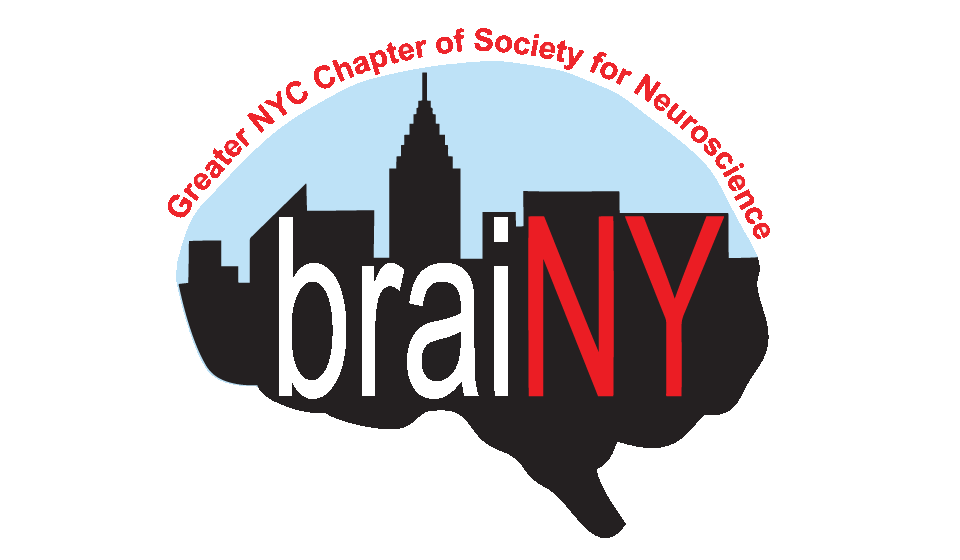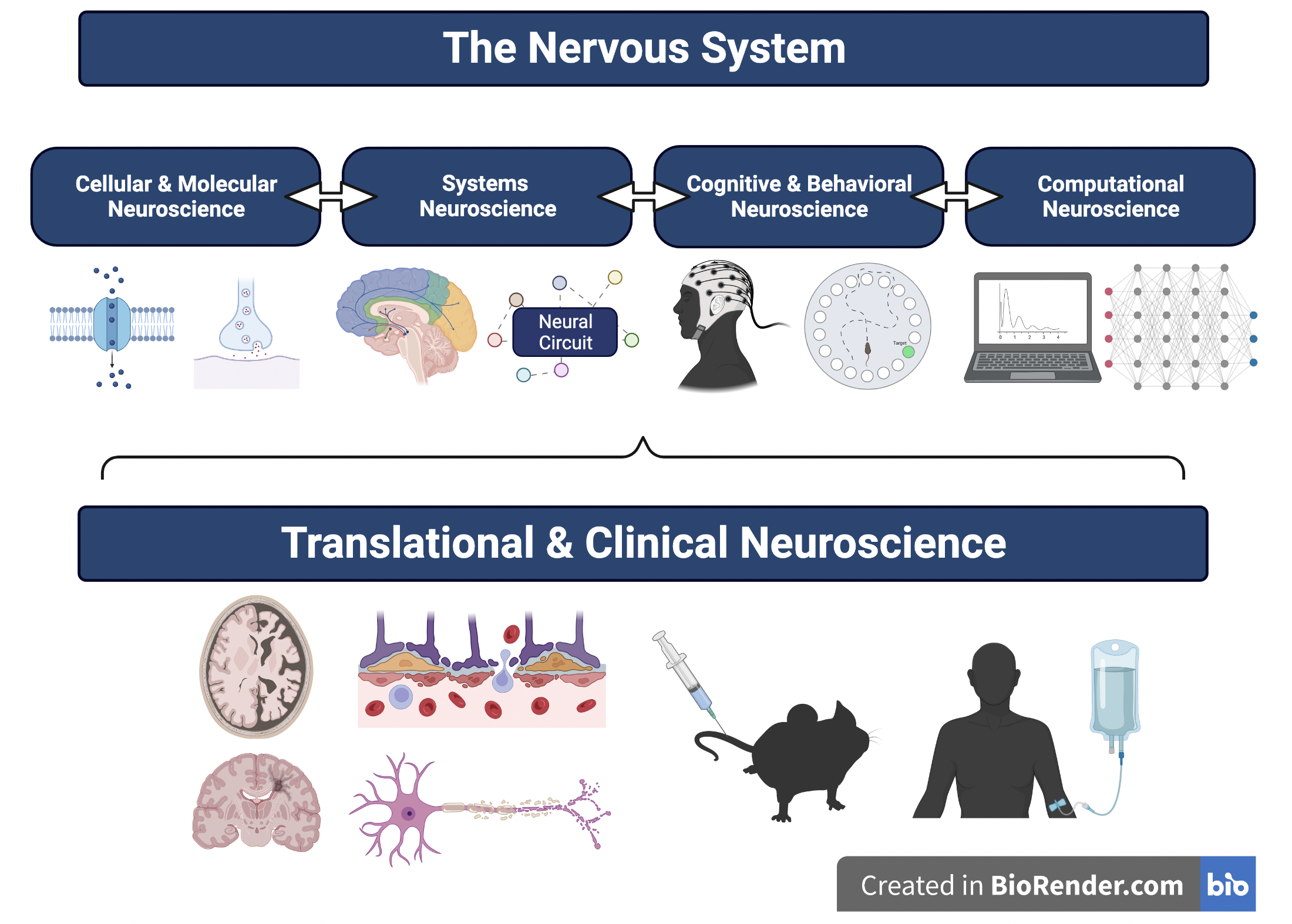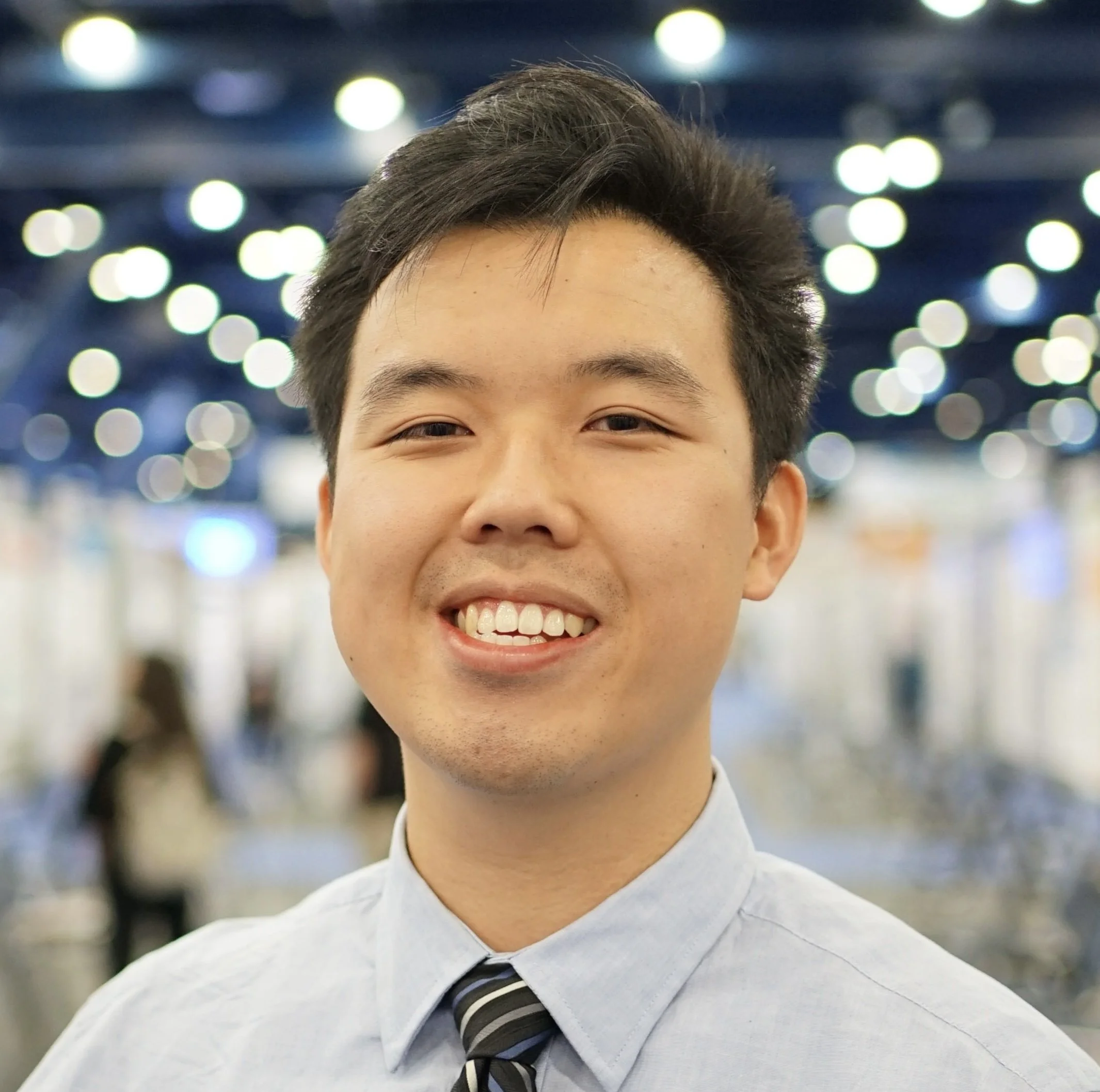Unlock the mysteries of the brain: explore the wonders of neuroscience research
By Vincent Tse
Are you curious about the human nervous system and how it enables us to sense the world around us, experience life as it is, and think about all the things in between? Perhaps you want to understand how aging and diseases affect the brain’s structures and functions. Neuroscience research might be for you! There is still much we do not know regarding the nervous system, but the field of neuroscience is devoted to unraveling the enigma surrounding the brain. As researchers, you synthesize hypotheses based on previous research and conduct experiments to obtain results that hopefully paint a better picture of the basic science behind human biology. More importantly, you do not need to hold any specific degrees or experiences to get started in neuroscience research. As long as you are passionate about exploring the unknown and driven by a natural curiosity to know, these are really the only prerequisites. For those who are eager and ambitious, you can become involved in scientific research as early as high school. In this blog post, I will provide a general overview of the different research areas in neuroscience and discuss how you can get started!
Figure 1. General overview of the different research areas in neuroscience.
Neuroscience is an umbrella term that encompasses an array of research areas that are interdisciplinary and interconnected. Collectively, these areas of neuroscience aim to understand the nervous system from different angles in hopes of uncovering new knowledge that can be translated into the clinical setting as novel therapies for patients with neurological disorders (Fig. 1). If you are drawn to the signaling pathways in which neurotransmission occurs, you might consider cellular and molecular neuroscience. In contrast, if you are interested in how networks of brain cells communicate, systems neuroscience is for you. Identifying what you might be interested to learn more about is a great way to narrow down the type of research that you want to pursue. Once you have a general sense of the neuroscience area you would like to conduct research in, how do you get started?
There are two main ways you can join a lab and contribute to a neuroscience research project.
Apply to summer research programs
These are more formal as interested students would need to submit an application for admission into the research program. In the United States, numerous universities and institutions hold enrichment programs specifically for high school students to gain experience in basic science research. While opportunities will vary depending on where you live, some programs can support out-of-state and even international students. Contact the program of your interest to gather more information.
If you are uncertain where to start, the Association of American Medical Colleges has a database that lists available programs (https://systems.aamc.org/summerprograms/). The National Institutes of Health (NIH) also runs the NIH High School Summer Internship Program which allows students to pursue biomedical research under the guidance of NIH investigators (https://www.training.nih.gov/programs/hs-sip).
Directly contact the labs you are interested
This is an informal approach in which you directly contact the principal investigator (PI) of the lab whose research you are interested in. Depending on the lab’s affiliations, some PIs can accept high school students as volunteers or interns. This can result in a research opportunity that is not restricted to the summer but can become ongoing. As a result, you might be able to contribute to a research project as a long-term member of the lab, receive recognition like co-authorship on publications for your work, and even gain a better understanding of your research interests.
Cross-posting with The MiNDS Blog
Vincent graduated from UCLA with a B.S. in Molecular, Cell, and Developmental Biology with a minor in Neuroscience. Interested in understanding the nervous system in health and disease, Vincent aims to pursue clinically relevant research that explores the role of glial cells like astrocytes and microglia in the brain. Beyond neuroscience, Vincent is passionate about the outdoors and enjoys reading and writing in his free time. https://twitter.com/vncnttse.
Edited by Denise Croote, PhD


